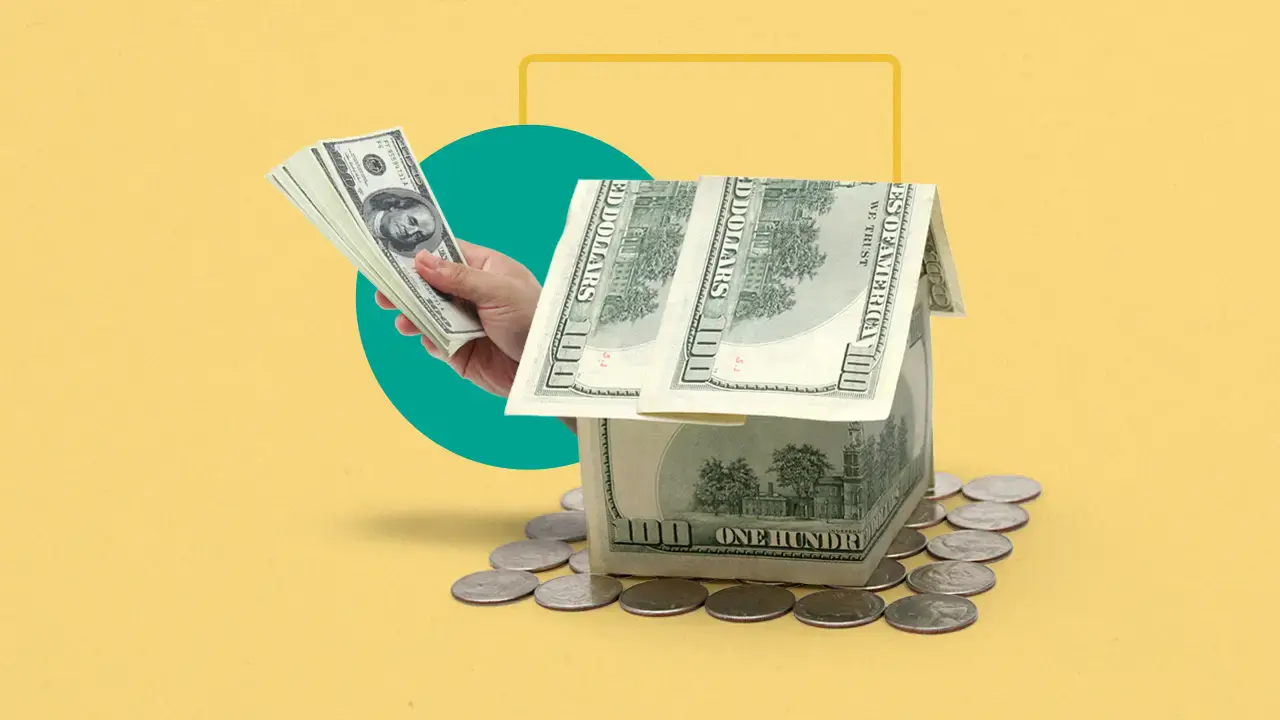
What Are Mortgage Refinance Rates?
Mortgage refinance rates are the interest rates offered by lenders when you refinance an existing home loan. Refinancing allows you to replace your current mortgage with a new one, typically with better terms. The new mortgage may have a lower interest rate, a different loan term (such as a 15-year mortgage instead of a 30-year mortgage), or a different type of mortgage (e.g., fixed-rate or adjustable-rate mortgage).
The rate you receive on your refinance will depend on several factors, including current market conditions, your creditworthiness, and the type of loan you're refinancing into.
Types of Mortgage Refinance Rates
- Fixed-Rate Refinance:A fixed-rate mortgage refinance involves locking in a consistent interest rate for the entire term of the loan, typically 15, 20, or 30 years.The stability of fixed rates means your monthly payments won’t change throughout the life of the loan, offering predictable payments and long-term financial planning.
- Adjustable-Rate Refinance (ARM):With an adjustable-rate mortgage refinance, your interest rate is initially fixed for a set period (usually 3, 5, 7, or 10 years), after which the rate adjusts periodically based on a financial index.ARMs can offer lower initial rates than fixed-rate mortgages, but there is a risk that rates will increase after the initial period, which could lead to higher payments in the future.
- Cash-Out Refinance:A cash-out refinance allows you to refinance your home for more than you owe on your current mortgage. You then take the difference in cash, which can be used for home improvements, paying off debt, or other financial needs.These loans typically have slightly higher rates due to the increased loan amount, and the interest is often tax-deductible if used for home improvement.
Factors Affecting Mortgage Refinance Rates
Several factors can influence the mortgage refinance rates you’re offered, including:
- Credit Score:One of the most significant factors affecting refinance rates is your credit score. Lenders view borrowers with higher credit scores as less risky, so they offer better interest rates. If your score is above 740, you're more likely to receive the best rates.If your credit score has improved since you took out your original mortgage, refinancing could allow you to lock in a lower rate.
- Loan-to-Value Ratio (LTV):The loan-to-value ratio is the amount of your mortgage loan compared to the appraised value of your home. A higher LTV (i.e., you owe more on your home relative to its value) can result in higher rates or make it more difficult to qualify for refinancing.Ideally, aim for an LTV of 80% or lower, as this typically helps secure the most favorable rates.
- Current Market Rates:Mortgage rates fluctuate based on the overall economic environment, including the Federal Reserve's decisions on interest rates and inflation. When the economy is strong, rates are generally higher, while in times of economic uncertainty or lower inflation, rates may fall.Keeping an eye on current market rates can help you decide when to refinance, as timing is crucial to getting the best deal.
- Loan Type and Term:The type of loan you're refinancing into (e.g., conventional, FHA, VA) and the length of the loan term (e.g., 15 years vs. 30 years) will affect your rate. Shorter-term loans generally offer lower rates, but the monthly payment will be higher due to the shorter repayment period.If you are refinancing from an adjustable-rate mortgage (ARM) to a fixed-rate mortgage, expect to see a higher rate, but enjoy the stability of fixed payments.
- Home Equity:The more equity you have in your home, the more likely you are to secure a lower refinance rate. If your home value has increased significantly since you purchased it, you may be able to refinance into a better rate due to the increased equity.
How to Find the Best Mortgage Refinance Rates
- Shop Around:Just like when you first obtained your mortgage, shopping around for the best refinance rate is essential. Compare offers from banks, credit unions, and online lenders. Even a small difference in interest rates can save you a lot of money over the life of the loan.
- Consider Your Long-Term Goals:If you plan to stay in your home for a long time, locking in a fixed-rate mortgage with a lower rate can save you money. However, if you plan to move in a few years, an adjustable-rate mortgage might offer you lower initial payments.
- Understand Fees and Closing Costs:Refinancing can involve significant upfront costs, including appraisal fees, title insurance, and lender fees. Make sure to factor these costs into your decision. In some cases, you may be able to roll the closing costs into the new mortgage, but this will increase your loan balance and the overall cost of the refinance.
- Consider a Refinance Calculator:Use an online refinance calculator to estimate how much you could save by refinancing. These calculators allow you to input your current loan terms, potential new rates, and loan terms to see the financial impact of refinancing.
Is Refinancing Right for You?
Refinancing your mortgage can be a smart financial move if you're looking to lower your monthly payments, consolidate debt, or tap into home equity. However, it’s important to carefully consider the following:
- Your current interest rate: If your rate is already low, refinancing may not be worth the upfront costs.
- How long you plan to stay in your home: Refinancing often requires paying closing costs, so if you plan to move soon, you may not recoup those costs.
- Your financial goals: Do you want to shorten your loan term, lower your payments, or access equity? Refinancing can help with each of these goals, but the best approach depends on your individual situation.
Current Mortgage Refinance Rate Snapshot (2025)
Here’s a general idea of what to expect for mortgage refinance rates in 2025:
| Mortgage Type | Average Rate (2025) | Terms |
|---|---|---|
| 30-Year Fixed | 6.5% - 7.5% | 30 years |
| 15-Year Fixed | 5.5% - 6.5% | 15 years |
| 5/1 ARM | 5.0% - 6.0% | 5 years fixed, then adjusts |
| Cash-Out Refinance | 7.0% - 8.0% | Varies by loan size and LTV |
Conclusion
Mortgage refinancing can be a powerful tool to achieve your financial goals, whether you're lowering your monthly payments or tapping into home equity. Understanding the mortgage refinance rates available to you and shopping around for the best deal is key to making a smart financial decision. By considering factors such as your credit score, loan-to-value ratio, and long-term goals, you can make sure that refinancing aligns with your needs. Always remember to factor in the closing costs and fees to get a true sense of the potential savings from refinancing.
Before moving forward with a refinance, take the time to research, compare, and consult with a mortgage advisor to ensure you’re getting the best rate possible for your unique situation.






